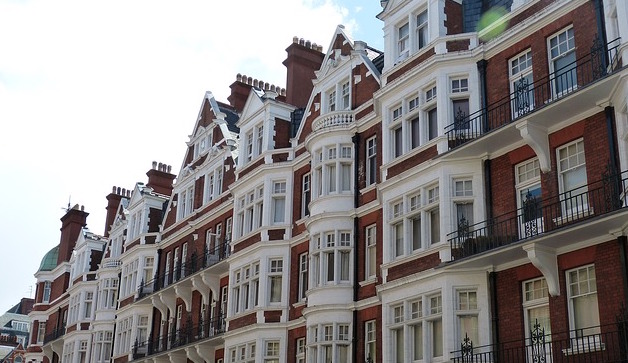The Property Options Buy to Let Market Overview

Our regular Bristol and UK property reports are written by economist Chris Worthington, who is a regular speaker at our PIMs.
Strategies for Buy to Let Investors
Government Policies
Since 2016, the conversion of offices, shops and light industrial buildings to residential use has been permitted development with no requirement for full planning permission.
The government is now considering extending permitted development to residential use for buildings within planning Class E. This would include gyms, nurseries and GPs surgeries.
The Chancellor’s spending review in November 2020 cut the amount tenants relying on benefits will be able to claim to pay their rent.
Ben Beadle, Chief Executive of the National Residential Landlords Association (NRLA) commented “Many renters and landlords are struggling with the consequences of rent arrears through no fault of their own, yet the government is failing to take action to address this”.
Rents and House Prices
A recent overview of the pros and cons of BTL published in The Times Bricks and Mortar property supplement highlighted the following key issues for BTL investors:
- Average rents in the UK increased in 2020 by 2.9% – however average rents have fallen in London and according to a report from Hamptons International average rents in the UK will fall by 1% this year – while in London rents are forecast to fall by 3%
- Tenants are keen to rent houses with outside space, rather than flats, placing downward pressure on rents in city centres and boosting rents in suburban locations.
The outlook for the growth in house prices is more positive. The latest UK house price index published by Zoopla in association with property analyst company Hometrack found that the current of house price growth is 4.3% up from 1.7% a year ago.
BTL Strategies
A recent article in the Times Bricks and Mortar property supplement assessed the possibilities for “flipping” a property – buying, renovating and selling fast.
According to estate agency Hamptons International despite the pandemic the proportion of homes flipped in 2020 is on track to rise to a 13 year high of 2.5% (23,000 properties), with the average gross profit up a quarter compared with last year.
Increased taxes and red tape have pushed some landlords away from buy to let to buy to sell.
Restrictions on international travel have boosted demand for holidays in the UK, creating opportunities for BTL investors to invest in the holiday sector.
Investing in a holiday home has tax benefits – including all of the mortgage interest being tax deductible and paying business rates – these are usually less than council tax.
Conclusions
Despite the uncertainty about the impact of Covid -19 and Brexit on the UK economy, investors should get a good rate of return for conventional BTL investments, due to the year on year increase in average rents and house prices. However the government’s recent changes to benefits could increase the number of tenants with rent arrears.
BTL investors are set to benefit as the economy recovers. However they should note that working from home and the “flight to the suburbs” and beyond is having an impact on rents in city centres, especially in London.
The government’s policy of permitted development for conversion to retail will provide opportunities for BTL investors to get involved with development projects.
Apart from traditional buy to let ,investors have good range of viable options available for their investment strategy, including holiday lets and flipping properties.
Our Next Property Meeting
We will all be discussing the latest position on the property market in Bristol and across the UK in the light of Covid-19 at our next PIM.
We’ll be arranging this when it is safe and practical to do so.
Meanwhile, stay safe.

Leave a Reply